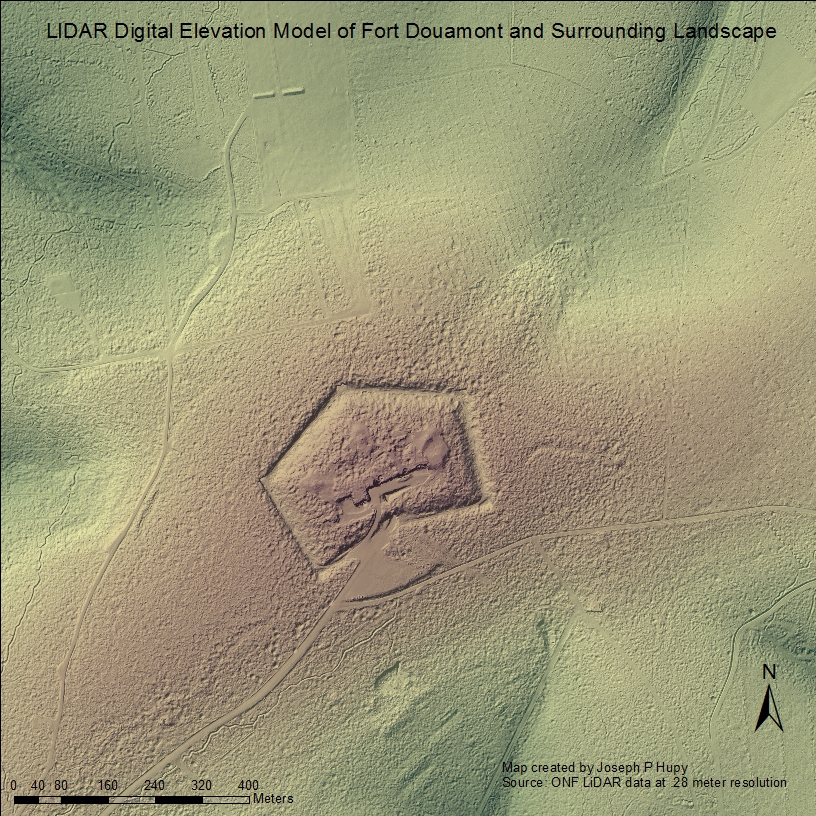 FIXED: The Science/ Fiction of Human Enhancement, (60 mins.)
FIXED: The Science/ Fiction of Human Enhancement, (60 mins.)
From bionic limbs and neural implants to prenatal screening, researchers around the world are hard at work developing a myriad of technologies to fix or enhance the human body. Award-winning documentary, FIXED: The Science/Fiction of Human Enhancement takes a close look at the drive to be “better than human” and the radical technological innovations that may take us there.
What does “disabled” mean when a man with no legs can run faster than most people in the world? What does “normal” mean when cosmetic surgery procedures have risen over 450% percent in the last fifteen years and increasing numbers of people turn to “smart drugs” every day to get ahead at school or work? With prenatal screening able to predict hundreds of probable conditions, who should determine what kind of people get to be born? If you could augment your body’s abilities in any way imaginable, would you? Watch trailer, here.
*In honor of National Dance Week, Fixed also celebrates the rich world of disability culture by featuring excerpts of 12 of the world’s leading integrated dance companies with disabled and non-disabled dancers and other artists.
Co-sponsored by the Science and Justice Research Center and the Santa Cruz County Commission on Disabilities.
This event is part of the Reel Work Labor Film Festival. See the full schedule at www.reelwork.org.
7:00PM | Del Mar Theatre (1124 Pacific Ave., Downtown Santa Cruz)
Post-film discussion with:
Foster Andersen is the Founder and President of Shared Adventures, a non-profit organization in Santa Cruz established in 1994 dedicated to improving the quality of life of people living with disabilities. He is co-author of Living in a State of Stuck: How Assistive Technology Impacts the Lives of People with Disabilities. Andersen has degrees in Mechanical Engineering, Manufacturing Engineering, and Computer Graphics Drafting and is the inventor of Quad-bee, a patented Frisbee you can throw with your thumb that has sold over 500 worldwide. Andersen currently serves on the In-home Support Service Public Authority Advisory Commission.
Regan Brashear has been working on labor, race, youth, LGBTQ, and disability issues for over twenty years through documentary film, union organizing, community forums, and grassroots activism. Brashear has a BA in American Studies (Highest Honors, Phi Beta Kappa) and a MA in Social Documentation (Documentary Film) from UC Santa Cruz. Her interest in disability studies, which eventually led to the making of Fixed, started in 1997, after a car accident which began an ongoing journey with fibromyalgia and chronic pain.
Nancy Chen is a Professor of Anthropology at UC Santa Cruz. Her work examines the shifting boundaries between food, medicine, and bodies. She is the co-editor of Bodies in the Making: Transgression & Transformation (2005) and has taught a graduate seminar on Bodies, Knowledge, Practice which explores many of the issues addressed in tonight’s film.
Eric Zigman has 25 years of experience in service to individuals with disabilities. He has worked with service providers and regional centers in senior management roles as well as innovative demonstrations projects involving the residential, vocational and other services. In addition, Eric has worked on several projects to support individuals transitioning from institutional care to lives in community settings. His BA is in Literature and Psychology from UC Santa Cruz and a Masters in Rehabilitation Administration from the University of San Francisco. Currently, he is the CEO of the Pomeroy Recreation and Rehabilitation Center in San Francisco.
Moderated by Lizzy Hare, Graduate Student Researcher and Fellow with UCSC Science and Justice Research Center




 FIXED: The Science/ Fiction of Human Enhancement, (60 mins.)
FIXED: The Science/ Fiction of Human Enhancement, (60 mins.)